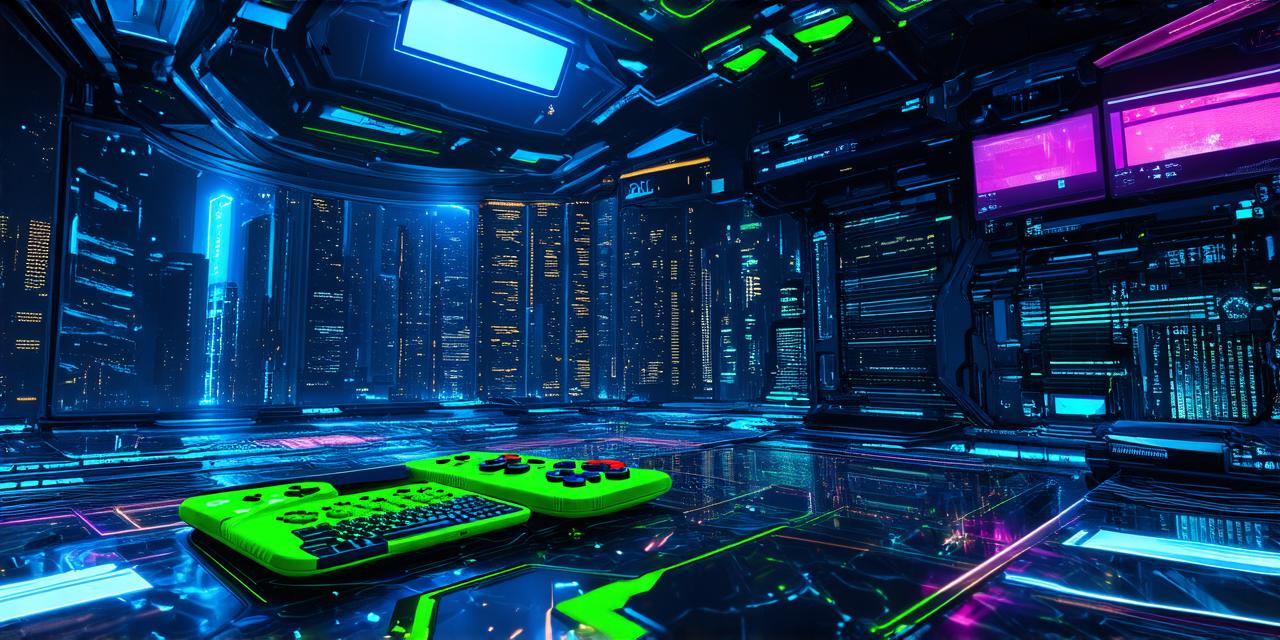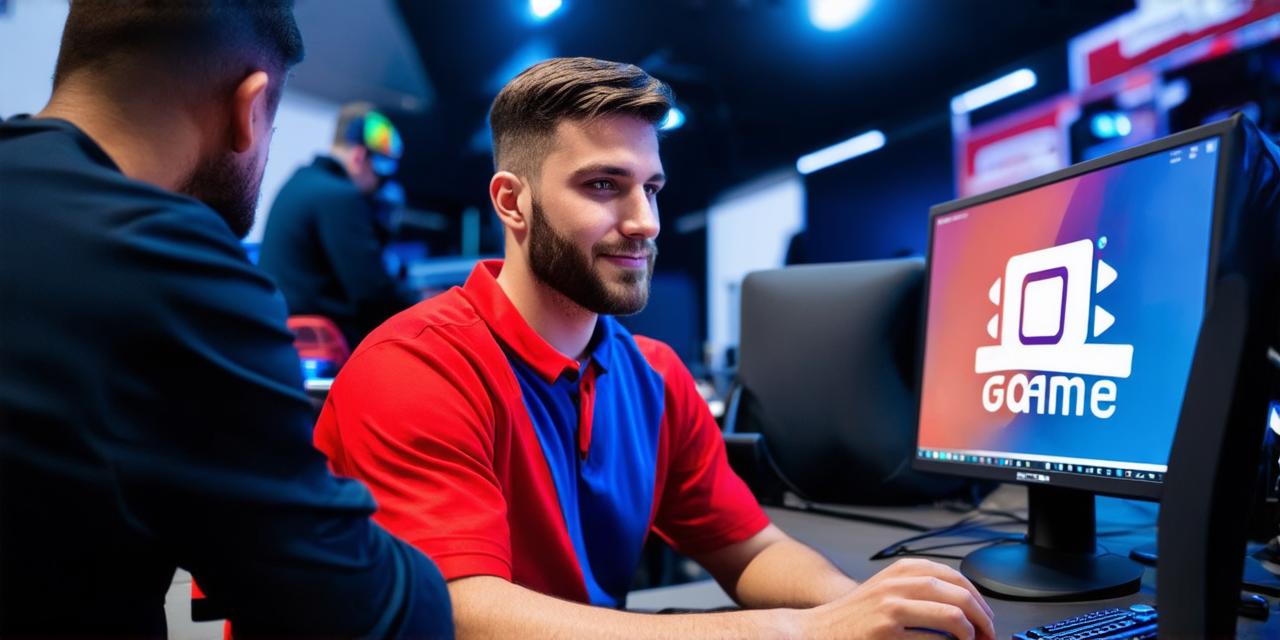Developing video games is an exciting and challenging field that requires a unique set of skills. Whether you are a beginner or an experienced game developer, acquiring the right skills can make all the difference in your success in this industry. In this article, we will discuss the key skills you need to acquire for developing video games.
1. Programming Skills
Programming is the foundation of any game development project. Knowing how to write code and work with programming languages such as C++, Java, or Python is essential for creating games. These languages are used to create the game engine, which is the software that controls the game’s behavior and interactivity.
One of the most popular game engines is Unity, which is a cross-platform engine that supports both 2D and 3D games. Unity uses C as its primary programming language, but it also supports other languages such as JavaScript and Boo. Another popular game engine is Unreal Engine, which uses C++ as its primary language.
Having strong programming skills will enable you to create a game that runs smoothly, is scalable, and can be easily updated in the future. It will also allow you to optimize the game’s performance, which is crucial for creating an enjoyable gaming experience.
2. Game Design Skills
Game design involves creating the game’s concept, rules, mechanics, and story. A good game designer should have a clear vision of what they want to achieve with their game, as well as the ability to communicate that vision effectively to other team members.
To be an effective game designer, you need to have a strong understanding of game theory and design principles. This includes knowledge of player psychology, game mechanics, storytelling, and level design. You should also be able to create wireframes, prototypes, and mockups to communicate your ideas to others.
One of the best ways to learn game design is by playing games and analyzing how they work. By studying successful games, you can gain insights into what works well and what doesn’t, and apply those lessons to your own projects.
3. Art and Animation Skills
Art and animation are essential elements of game development. They bring the game world to life and help to convey the game’s story and mood. To be a successful game artist or animator, you need to have a strong understanding of visual art principles, such as color theory, composition, and perspective.
You should also have experience with creating characters, environments, and objects that are suitable for use in games. This includes creating textures, lighting, and special effects that enhance the game’s overall look and feel.
In addition to technical skills, you should also have a creative mindset and be able to come up with innovative ideas for game art and animation. You should be able to work well in a team and collaborate with other artists and designers to create cohesive and engaging game content.
4. Sound Design Skills
Sound design involves creating the game’s audio elements, such as sound effects, music, and voice acting. A good sound designer should have a strong understanding of audio principles, such as frequency, amplitude, and timing, as well as the ability to create high-quality recordings and mix them together effectively.
To be a successful sound designer, you need to have experience with recording and editing sound effects, composing music, and implementing audio into games. You should also be able to work well in a team and collaborate with other designers and artists to create a cohesive and immersive audio experience for the player.
5. Project Management Skills

Game development projects can be complex and time-consuming, requiring careful planning and organization. To be a successful game developer, you need to have strong project management skills, such as the ability to set deadlines, prioritize tasks, and manage resources effectively.
You should also be able to work well in a team and communicate clearly with other team members. This includes being able to delegate tasks and provide constructive feedback to help others improve their performance.
One of the best ways to learn project management skills is by working on small projects and gradually increasing the scope and complexity of your work. This will help you gain experience and develop the skills you need to manage larger-scale game development projects.
Conclusion
Developing video games requires a unique set of skills that combine technical expertise, creativity, and teamwork. By acquiring these skills, you can create games that are engaging, immersive, and enjoyable for players. Whether you are just starting out in the game development industry or have been working in it for years, there is always more to learn and new challenges to overcome.




